Iraqi MP warns against return of Daesh Takfiris from Syria camp, rise in terrorist attacks
An Iraqi legislator has warned against the return of Daesh Takfiri terrorists and their families from the dangerous al-Hawl detention camp in northern Syria, which is run by US-sponsored and Kurdish-led militants from the so-called Syrian Democratic Forces (SDF), saying their comeback will increase acts of terrorism in the Arab country.
“Terrorist attacks will rise by 30 percent once hundreds of Daesh members are back from al-Hawl camp. Repeated warnings were made last year about their return, especially as the extremists are linked to high-profile militant commanders,” Uday Abdul-Hadi, a lawmaker from the Fatah (Conquest) Alliance in Iraq's parliament, said.
He went on to note that residents of the eastern Iraqi province of Diyala and other regions are strongly opposed to the return of Daesh members from al-Hawl, and have voiced serious concerns about the re-emergence of the Takfiri terrorist group.
Earlier this month, a high-ranking Iraqi security official called for the dismantlement of al-Hawl refugee camp, saying it poses a “real threat” to his country’s national security.
“The presence of al-Hawl camp in eastern Syria represents a real threat because of the presence of 12,000 terrorists in it, and there are attempts by Daesh to penetrate it,” the official Iraqi News Agency quoted Qasim al-Araji, Iraq's national security adviser, as saying at an international conference in the capital Baghdad on April 9.
The camp is located on the southern outskirts of the town of al-Hawl in Syria’s northeastern Province of Hasakah, where US occupation forces and its allied militants are actively present. Besides the internally displaced, families of Daesh terrorists also reside there.
Iraq declared victory over Daesh in December 2017 after a three-year counter-terrorism military campaign, which also had the support of neighboring Iran.
The terror outfit’s remnants, though, keep staging sporadic attacks across Iraq, attempting to regroup and unleash fresh violence.
Daesh has intensified its terrorist attacks in Iraq since January 2020, when the United States assassinated top Iranian anti-terror commander Lieutenant General Qassem Soleimani and deputy commander of Iraq's Popular Mobilization Units (PMU) or Hashd al-Sha'abi, Abu Mahdi al-Muhandis, near Baghdad International Airport.
Iraqi anti-terror resistance groups have repeatedly warned Baghdad that the remnants of Daesh active in Syria’s US-occupied east may find unhindered access to the Iraqi border and infiltrate into its western Anbar Province.
This is while the positions of the PMU and its affiliated resistance groups operating against Daesh in the border regions have repeatedly come under attack by the US military over the past years.
Israel preparing to stay in southern Lebanon after ceasefire: Report
Israeli pressure on Hamas ‘hardly helped’; swap deal necessary: Ex-Mossad chief
Far-right Israeli minister Ben-Gvir again storms al-Aqsa Mosque
Iran: Israel’s attack on journalists’ vehicle in Gaza amounts to ‘war crime’
VIDEO | Israel’s war spending
Palestine Action wins again
VIDEO | Palestinian Authority's blockade of Jenin refugee camp reaches third week
Dec. 25: ‘Axis of Resistance’ operations against Israeli occupation


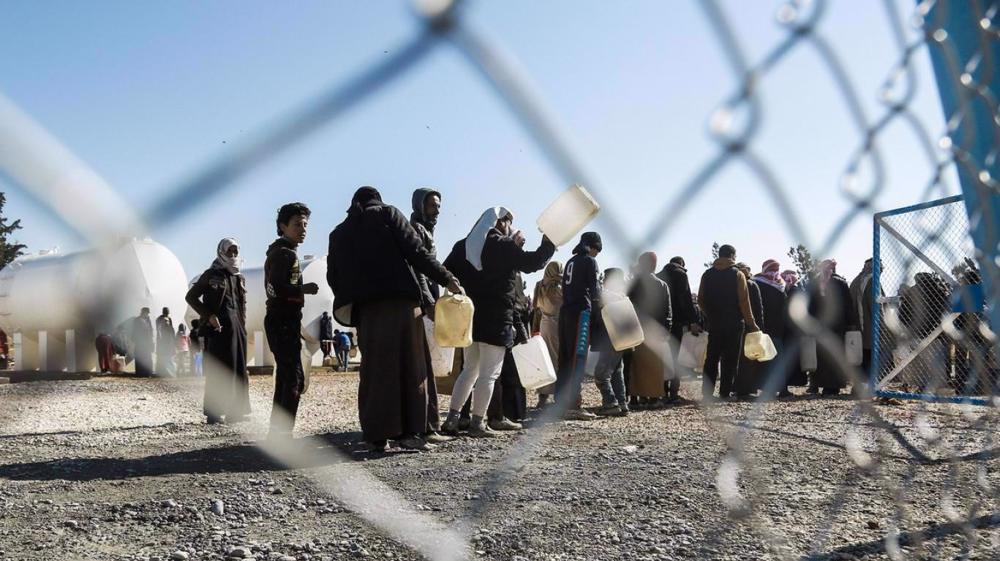
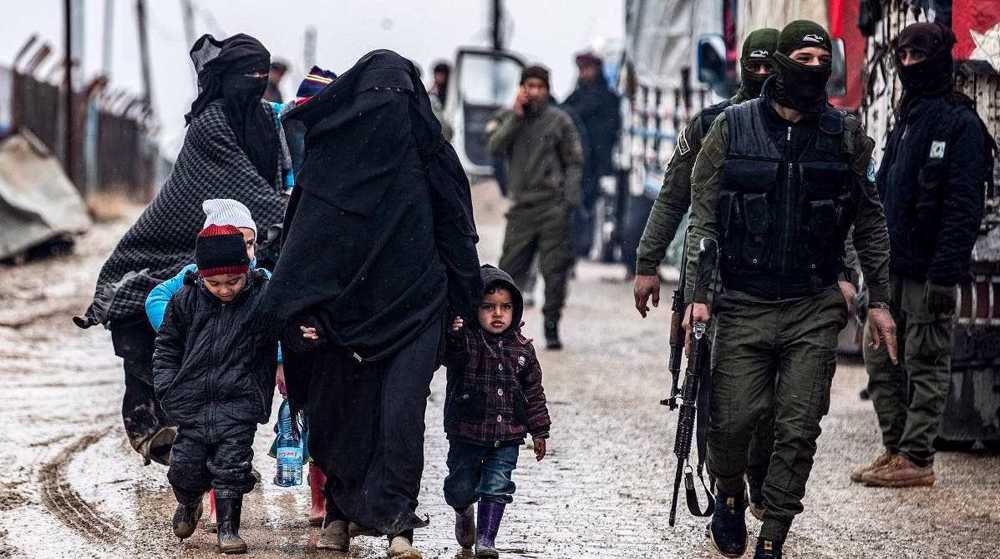
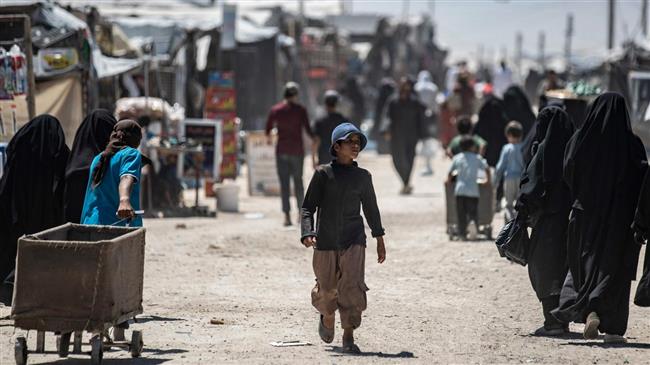
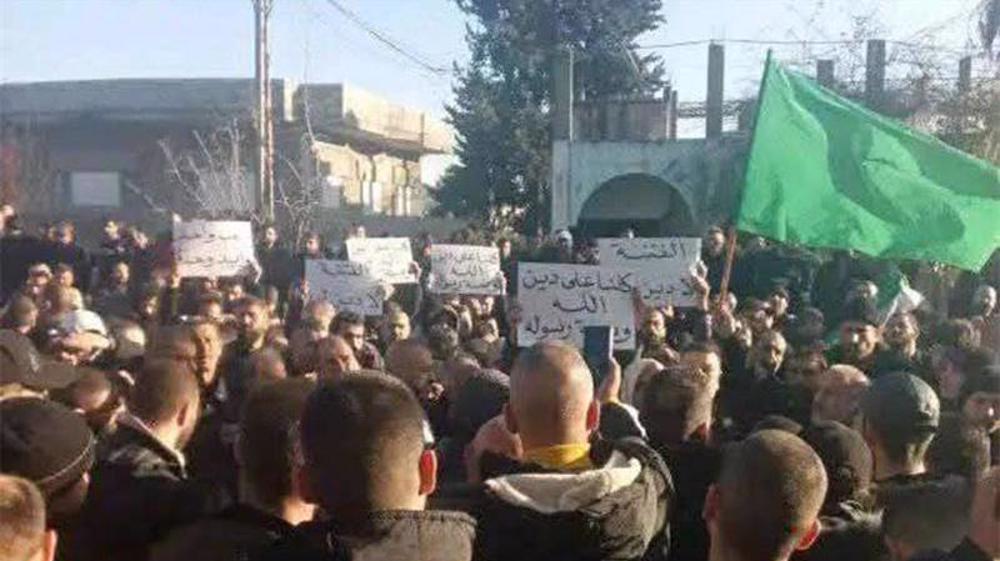
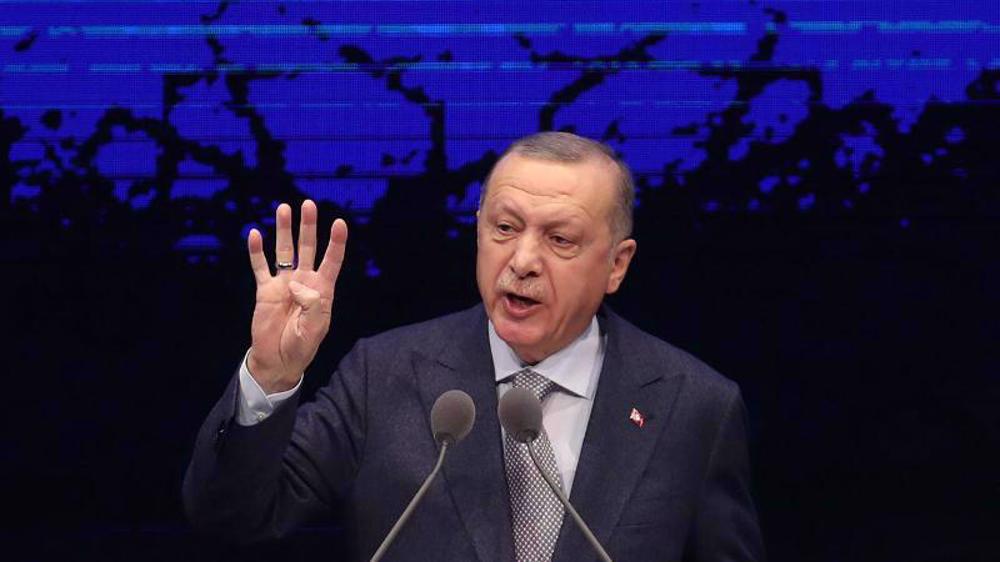
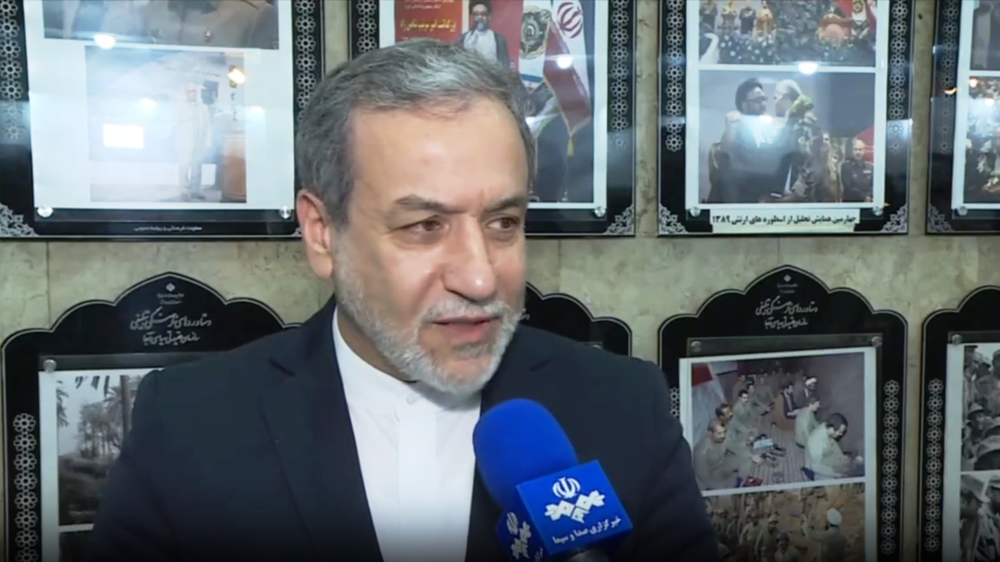



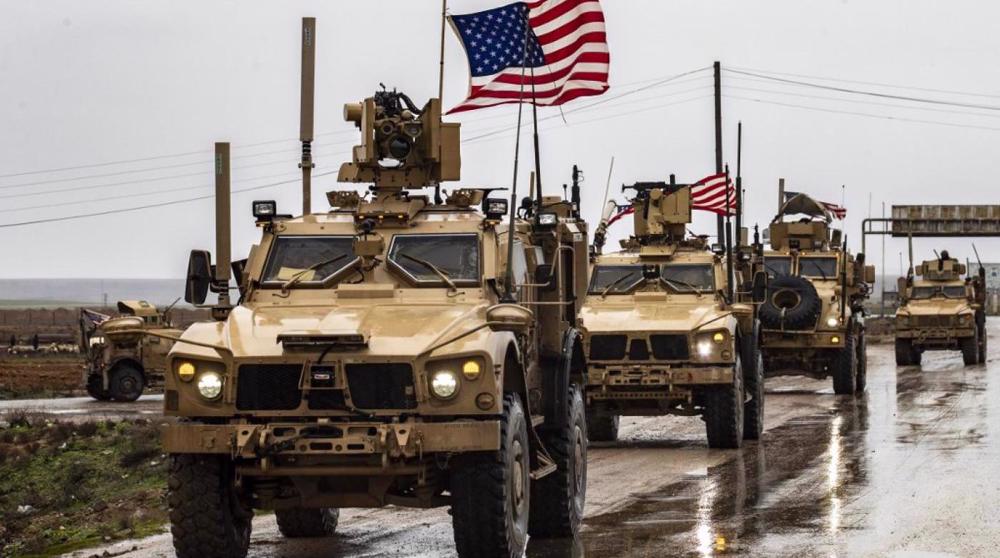
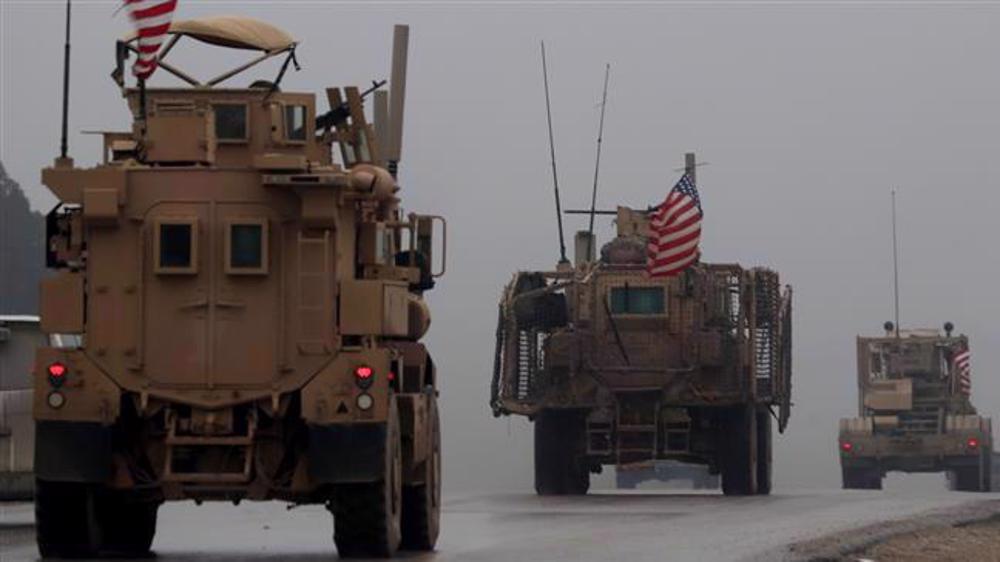
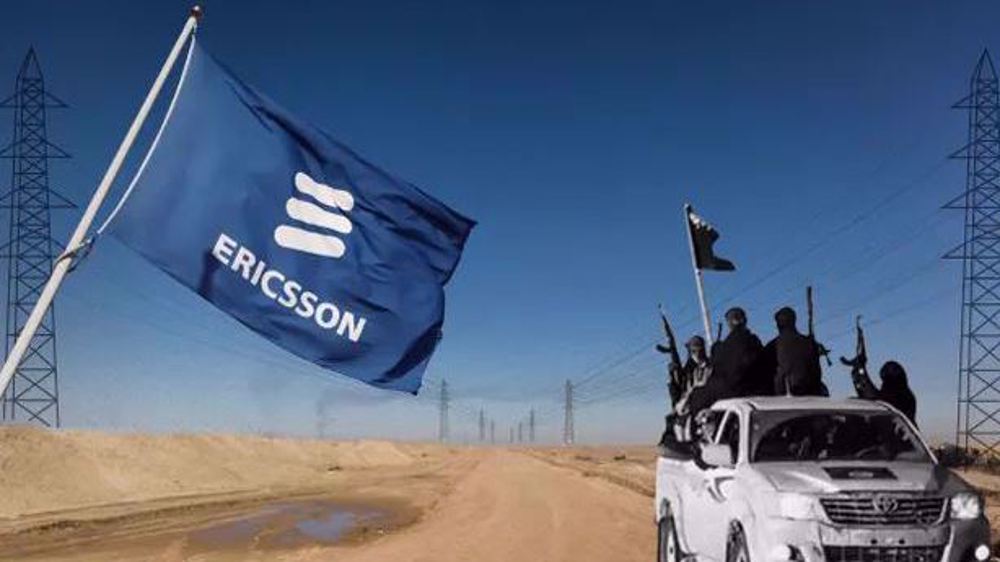
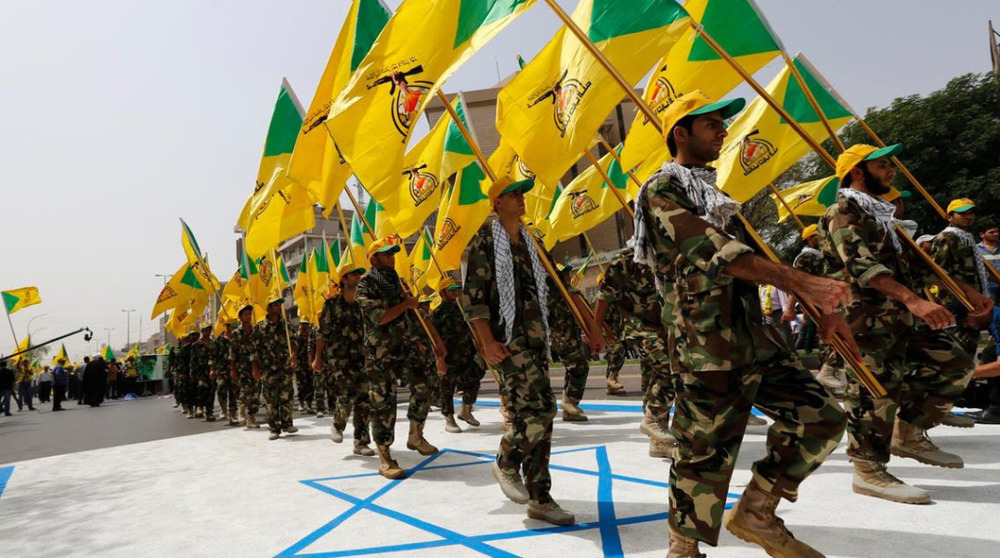
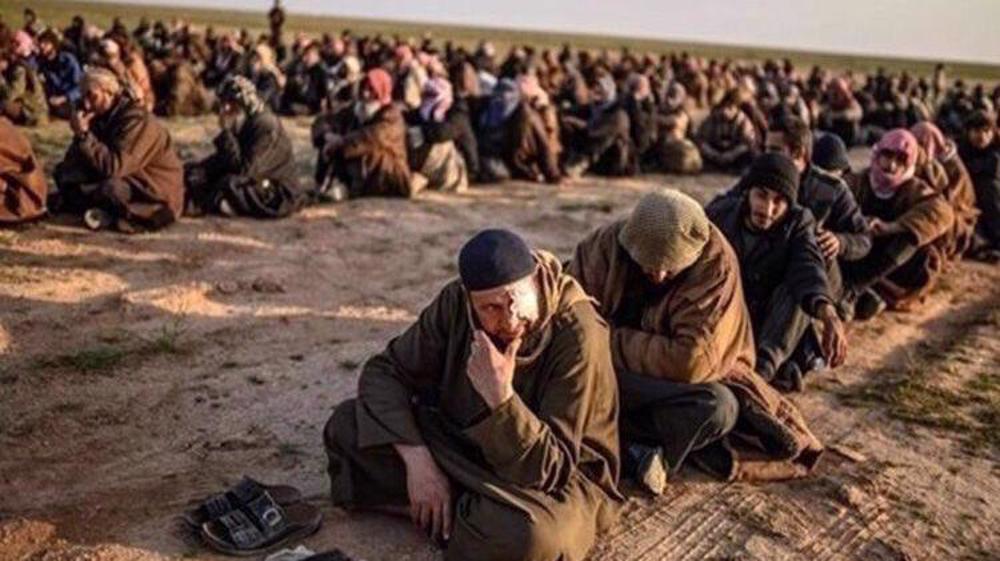
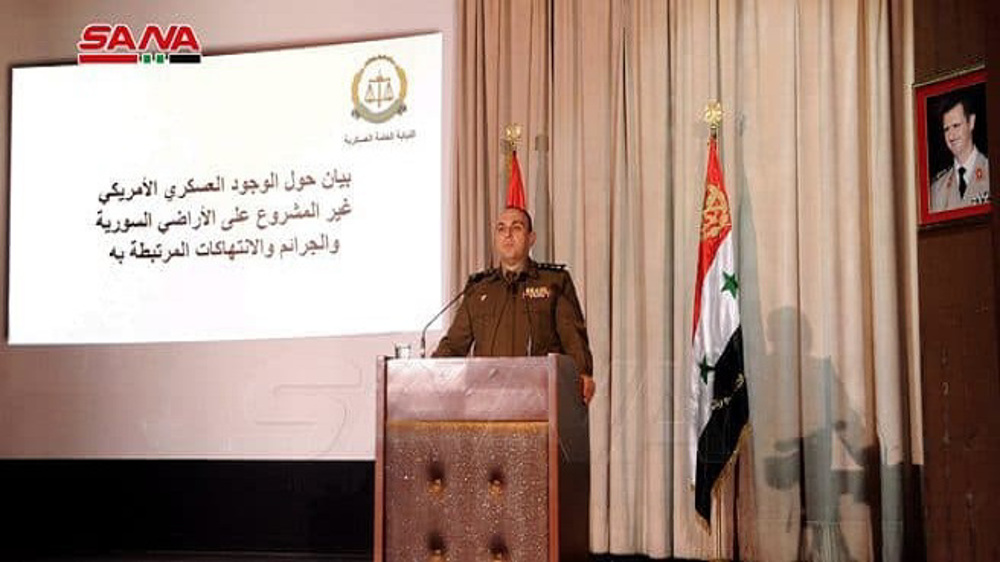
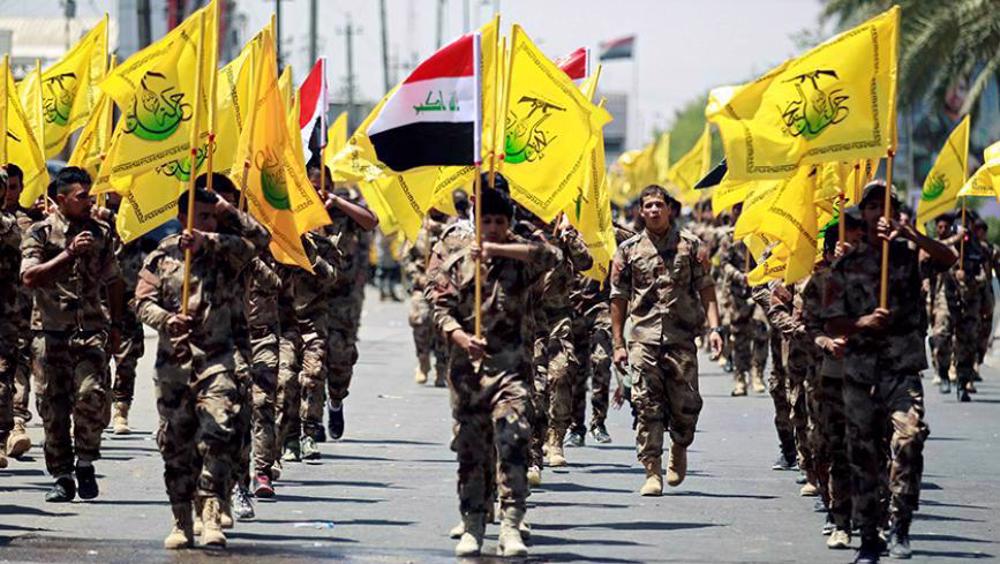

 This makes it easy to access the Press TV website
This makes it easy to access the Press TV website